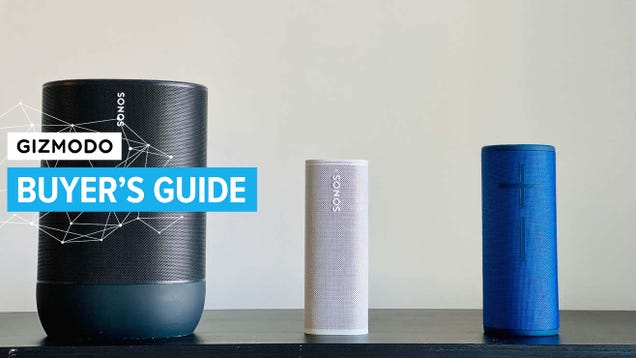
Identifying depression can be a tricky beast. However, UCLA researchers are collaborating with Apple in a three-year study to see if gadgets can help revolutionize how depression is detected and treated.
The study, which was co-designed by UCLA researchers and Apple, aims to measure sleep, physical activity, heart rate, and “daily routines” to see if there is a correlation between these metrics and depression and anxiety. To track those metrics, researchers will utilize an iPhone, Apple Watch, and Beddit, the sleep-monitoring gadget company that Apple acquired in 2017.
The idea here is that depression and anxiety may be related to physiological changes. In a best-case scenario, researchers would potentially be able to identify the onset of a depressive episode based on a person’s health data, as well as track whether a certain type of treatment is effective.
“This collaboration, which harnesses UCLA’s deep research expertise and Apple’s innovative technology, has the potential to transform behavioral health research and clinical care,” Dr. Nelson Freimer, a UCLA professor of psychiatry and principal investigator in the study, said in a statement. “Current approaches to treating depression rely almost entirely on the subjective recollections of depression sufferers. This is an important step for obtaining objective and precise measurements that guide both diagnosis and treatment.”
G/O Media may get a commission
The study is part of UCLA’s Depression Grand Challenge, a program that tasks researchers from various disciplines to better understand depression in terms of diagnosis, treatment, and how it may impact the body. The pilot phase, which begins this week, will involve 150 participants. That will then scale up to roughly 3,000 participants during the main part of the study, which will take place from 2021 through 2023.
This type of study is encouraging. Wearables—and other gadgets—have only gotten more advanced with regard to health in the past few years. However, clinical studies have somewhat lagged in this category as a whole, leading to a gap in supporting research and sometimes, overblown marketing claims. Apple has been one of the more proactive wearables companies when it comes to collaborating with medical researchers. On top of its Apple Heart Study with Stanford, Apple launched an additional three studies with the Apple Watch Series 5. The Apple Watch is also one of several smartwatches currently being used to study if wearables could potentially detect covid-19. Adding depression to the mix is a logical progression of these efforts.
That said, it’s important to emphasize that this is still early-stage research. The Apple Watch—and other smartwatches—are not medical devices. They don’t claim to diagnose anything, and any future potential consumer-facing feature may have to go through the FDA’s lengthy approval process. Still, doing the research is good and necessary, especially if wearables are to play a bigger role in health tech going forward.
Source: gizmodo.com








